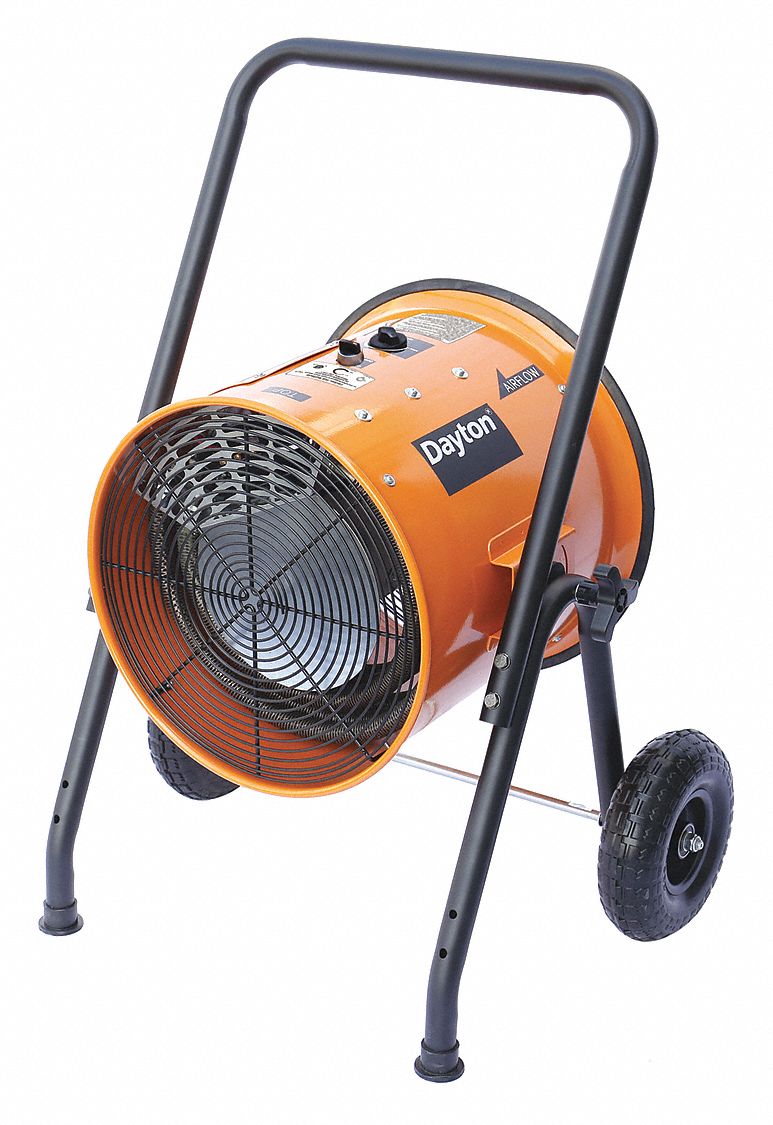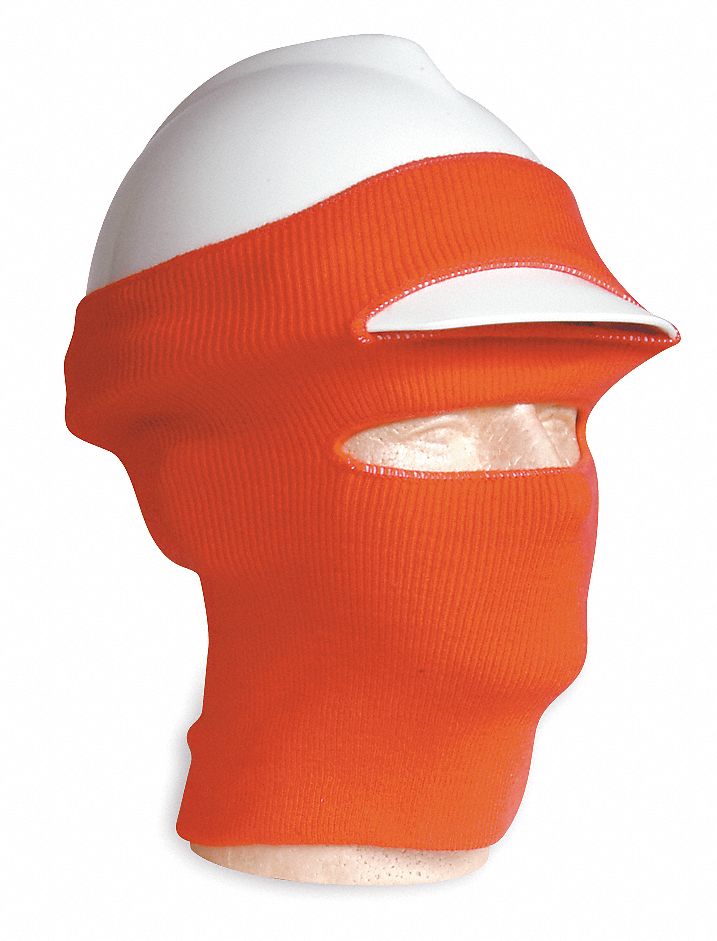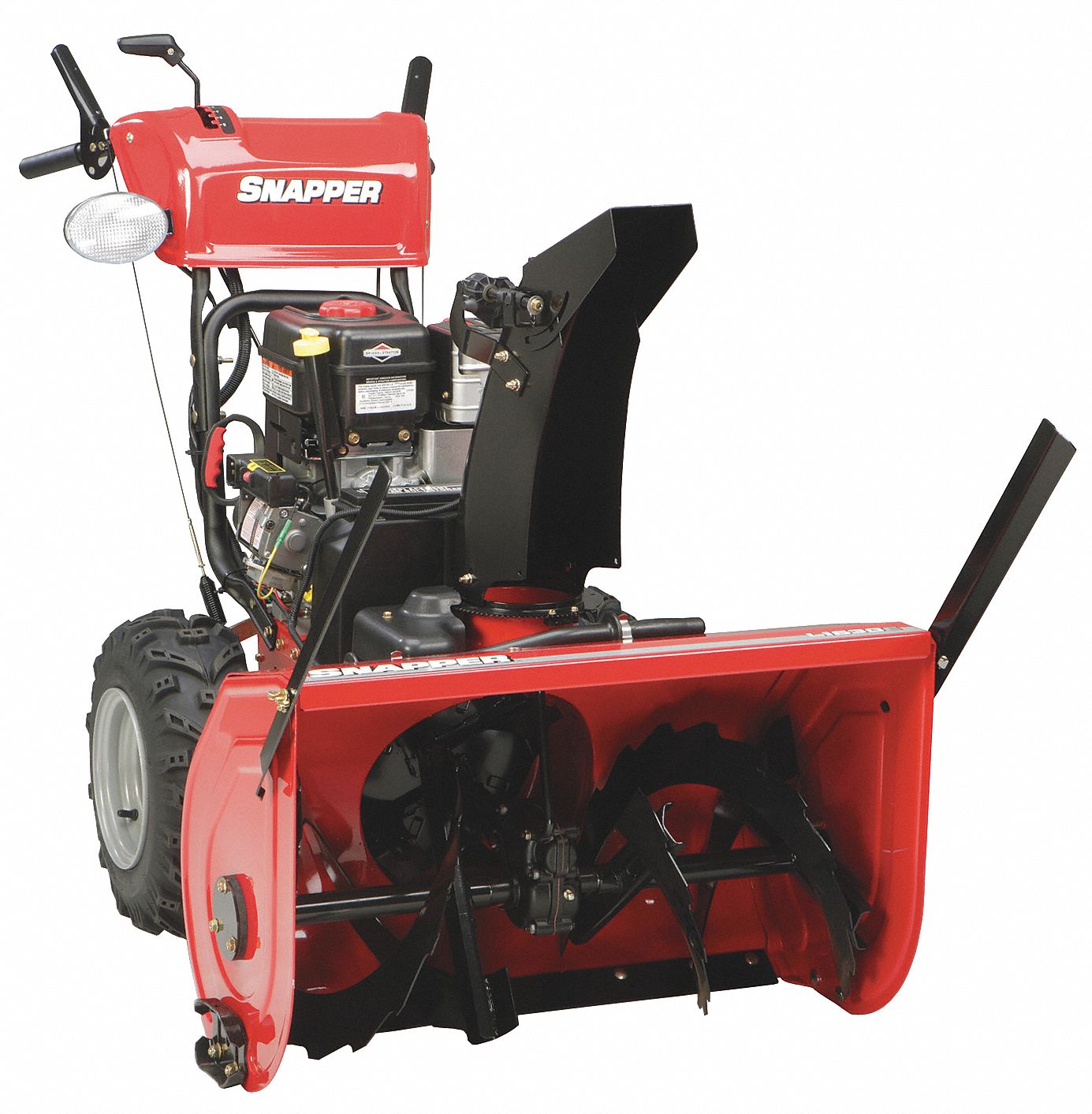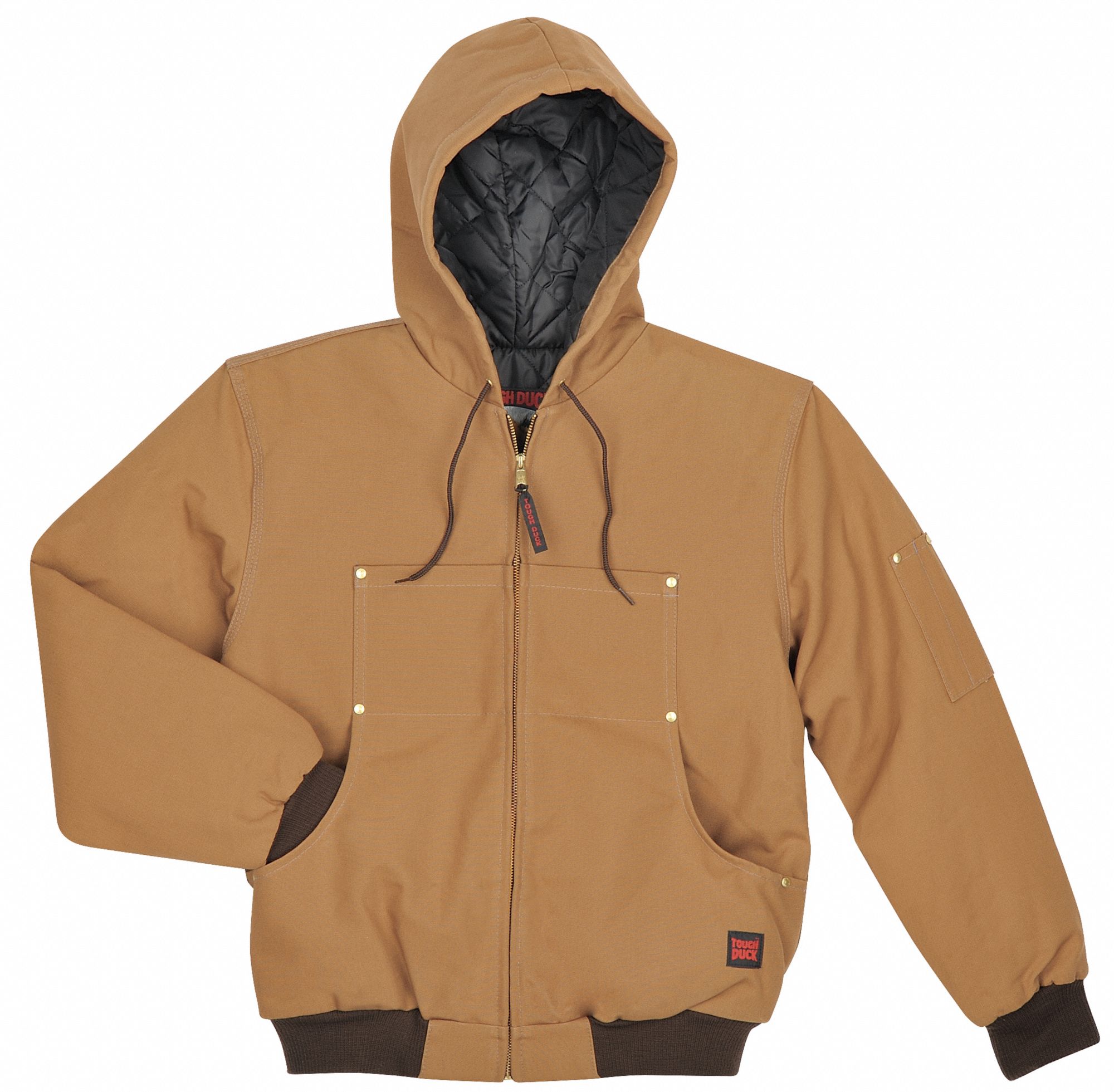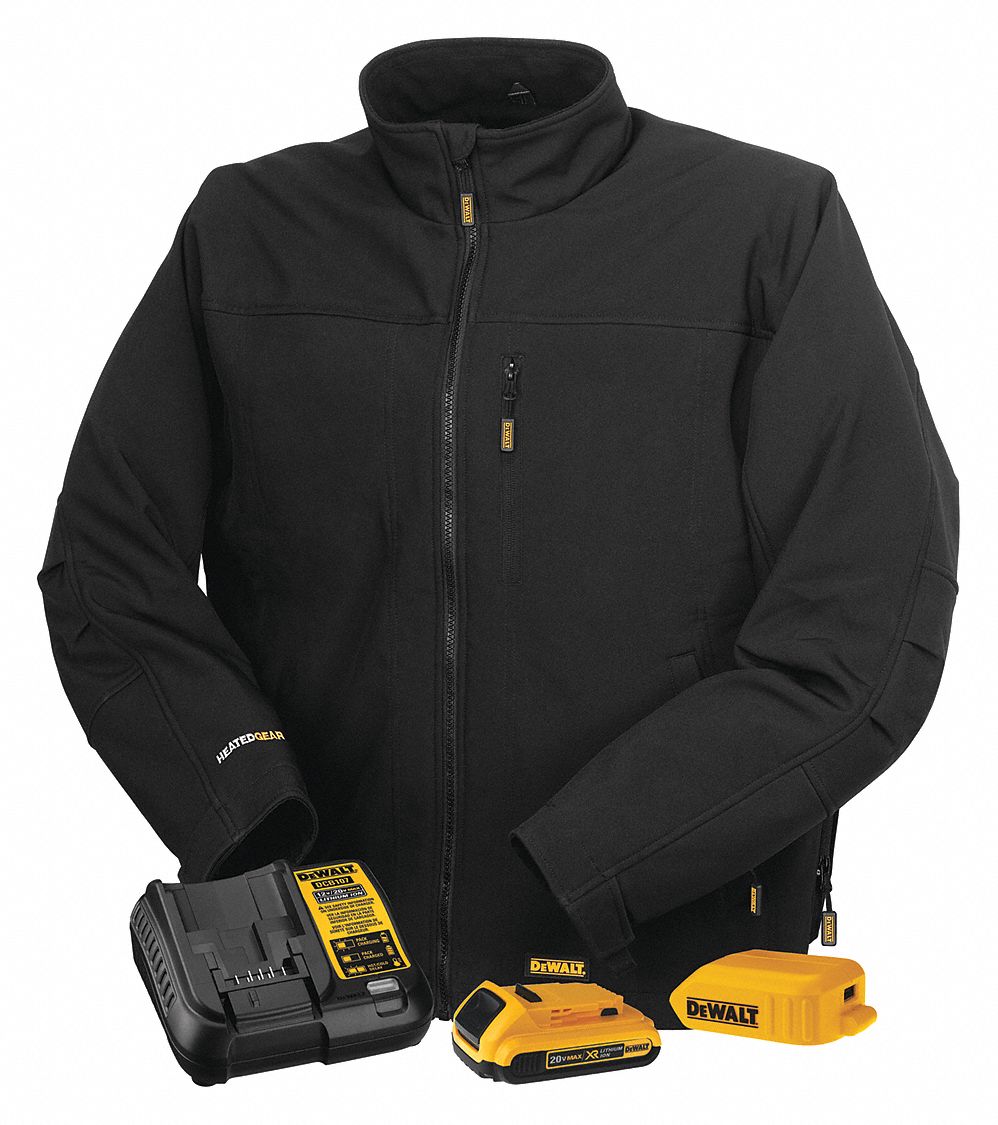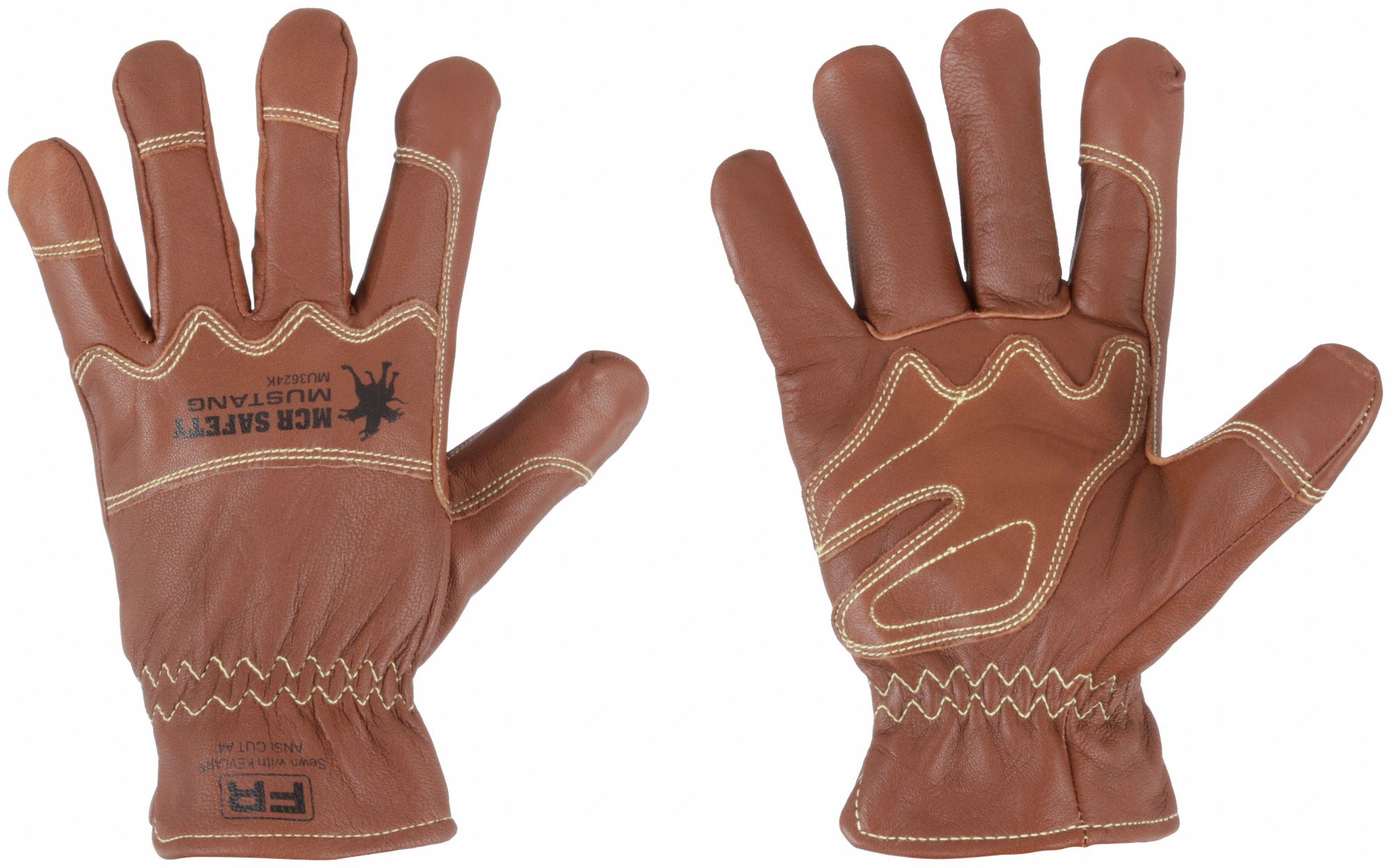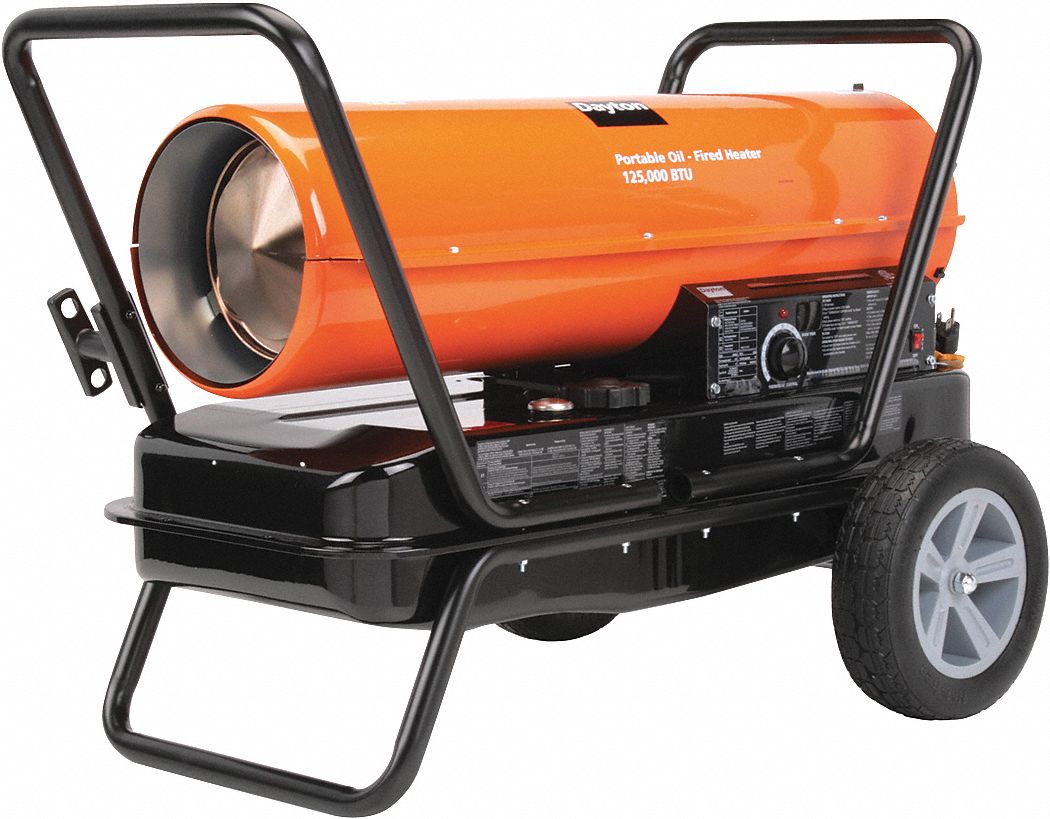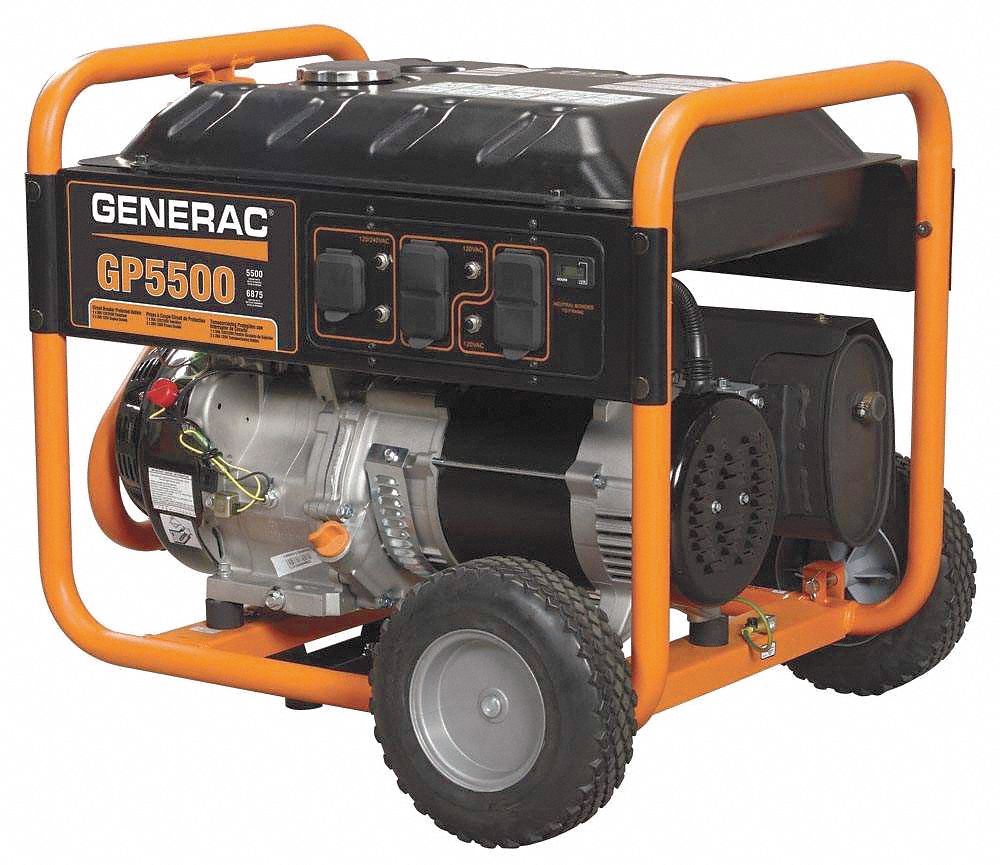

Signs of Hypothermia: Fast Facts
By Grainger Editorial Staff 10/26/22
When you're too cold for too long, your body can lose heat faster than it produces it. As your body runs out of stored energy, your core body temperature drops. Hypothermia is when your body temperature falls below 95° F. It's a medical emergency, and if you see someone with the signs of hypothermia, you should take their temperature immediately. A temperature below 95° F needs immediate medical attention.
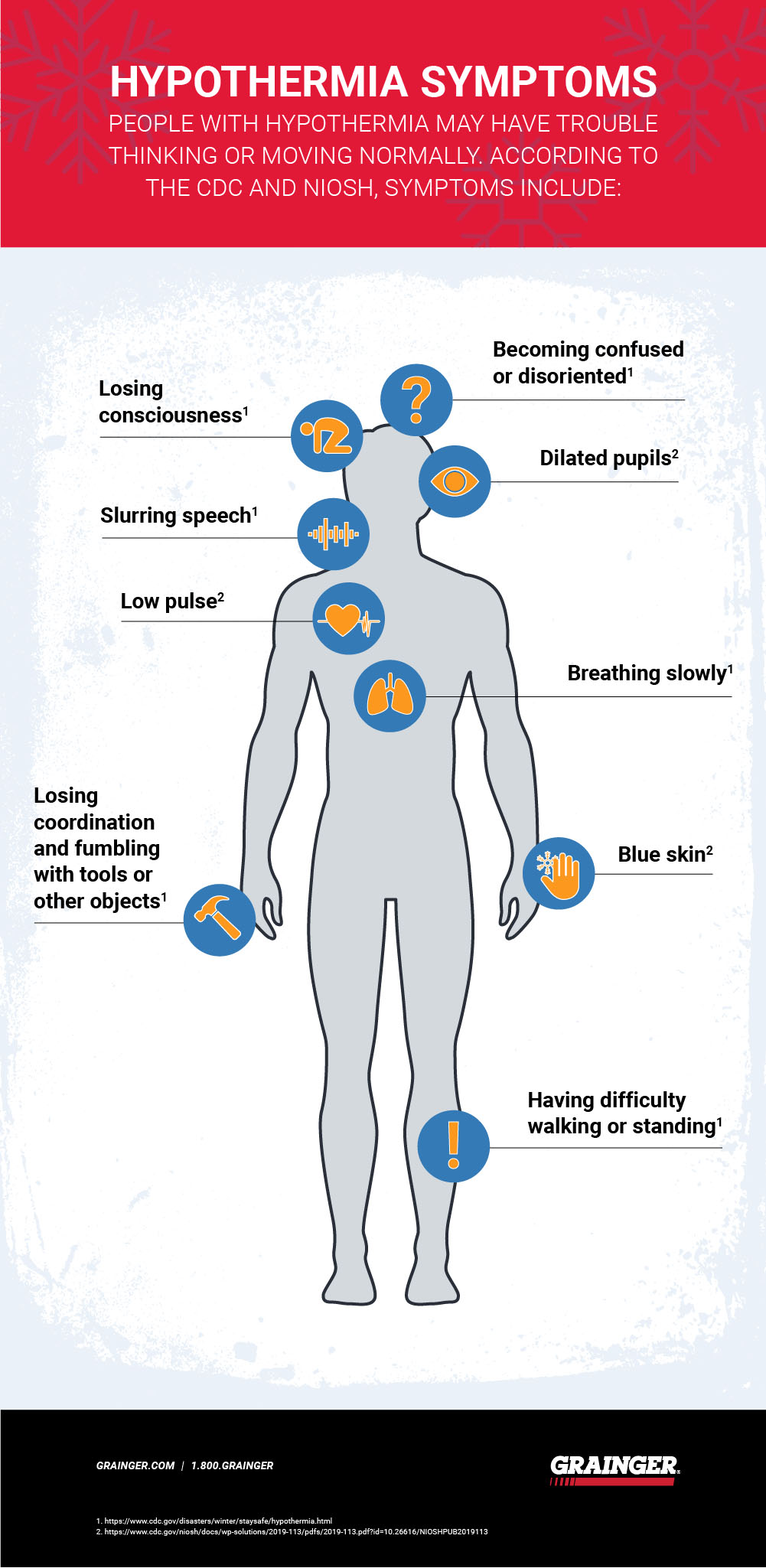

The symptoms of hypothermia change as body temperature falls. In the early stages, people may be shivering to stay warm, and they may feel tired, confused and disoriented. As their body temperatures continues to drop, people will stop shivering and show other signs of severe hypothermia, including blue skin, dilated pupils and slow breathing and pulse.
According to the National Institute for Occupational Safety and Health (NIOSH), the mental symptoms of hypothermia make it particularly dangerous. Someone who can't think clearly may be unable to recognize their symptoms or make the decisions that would help keep them safe.
Hypothermia is most likely to happen in very cold conditions, but it can occur at warmer temperatures (above 40° F, for example) if you've been chilled by rain, sweat or cold water. As the wind speed increases, your body loses heat faster when damp, which increases the risk of hypothermia. According to OSHA, other risk factors for cold-related illnesses such as hypothermia beyond wetness or dampness, include inadequate clothing, exhaustion, poor physical conditioning and certain health conditions, including hypothyroidism, hypertension and diabetes.
NIOSH recommends hypothermia first aid measures including these:
- Call 911 if you suspect a person has hypothermia
- Move the person to a warm room or vehicle
- Remove damp/wet clothing
- Cover the person with loose, dry blankets, clothing or towels
- Provide a warm, nonalcoholic beverage if the person is awake
The information contained in this article is intended for general information purposes only and is based on information available as of the initial date of publication. No representation is made that the information or references are complete or remain current. This article is not a substitute for review of current applicable government regulations, industry standards, or other standards specific to your business and/or activities and should not be construed as legal advice or opinion. Readers with specific questions should refer to the applicable standards or consult with an attorney.

